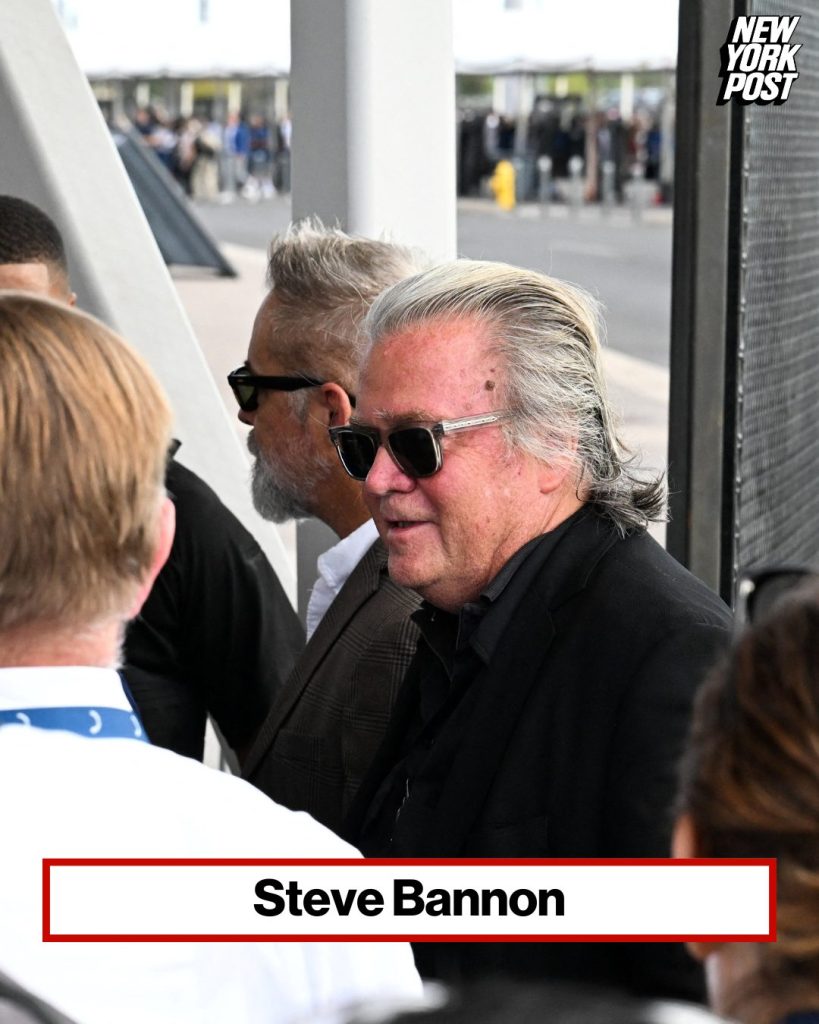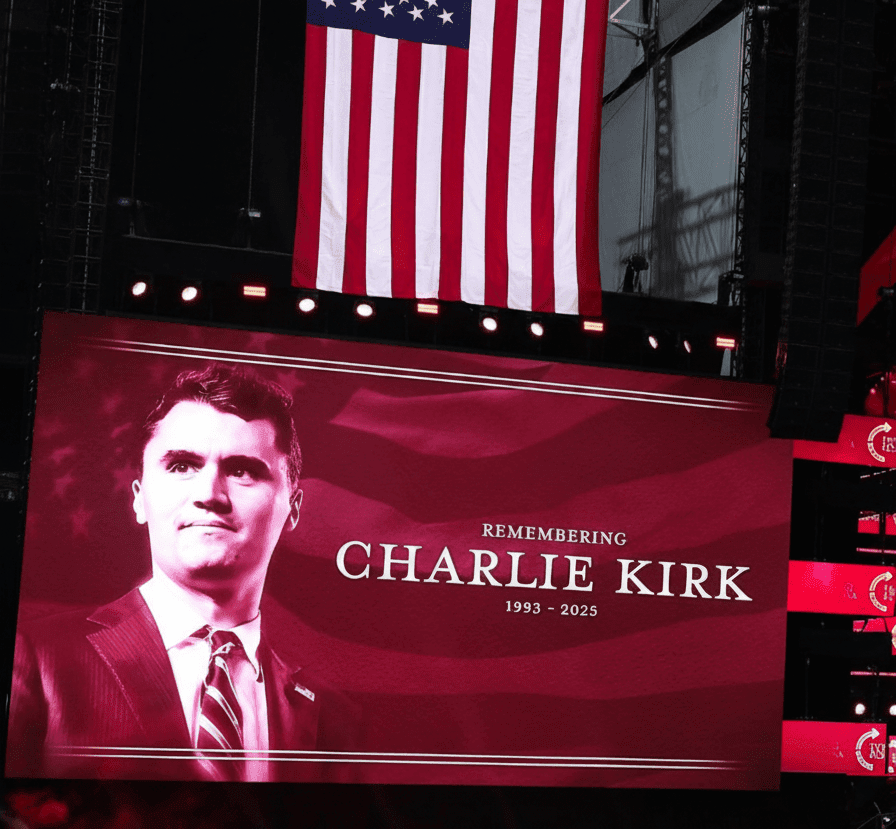Elon Musk, Trump, and Top Political Leaders Join 200,000 Mourners at Charlie Kirk’s Funeral
The funeral of Charlie Kirk, the 31-year-old conservative activist whose life was cut short by assassination, became one of the largest gatherings of its kind in modern American history. More than 200,000 mourners poured into State Farm Stadium in Arizona, with thousands more waiting outside or in overflow venues nearby. It was a day filled with sorrow, remembrance, and tributes that reflected not only the impact Kirk had on his supporters but also the enormous weight his absence leaves behind.

The crowd itself told a story. Supporters began lining up as early as 4 a.m., many carrying flags, wearing shirts with Kirk’s words, and holding signs in his memory. Entire families arrived together, some traveling across state lines to be present. There was a sense that this was not just a funeral, but a movement saying goodbye to a man who had, for better or worse, become a symbol of the political moment.
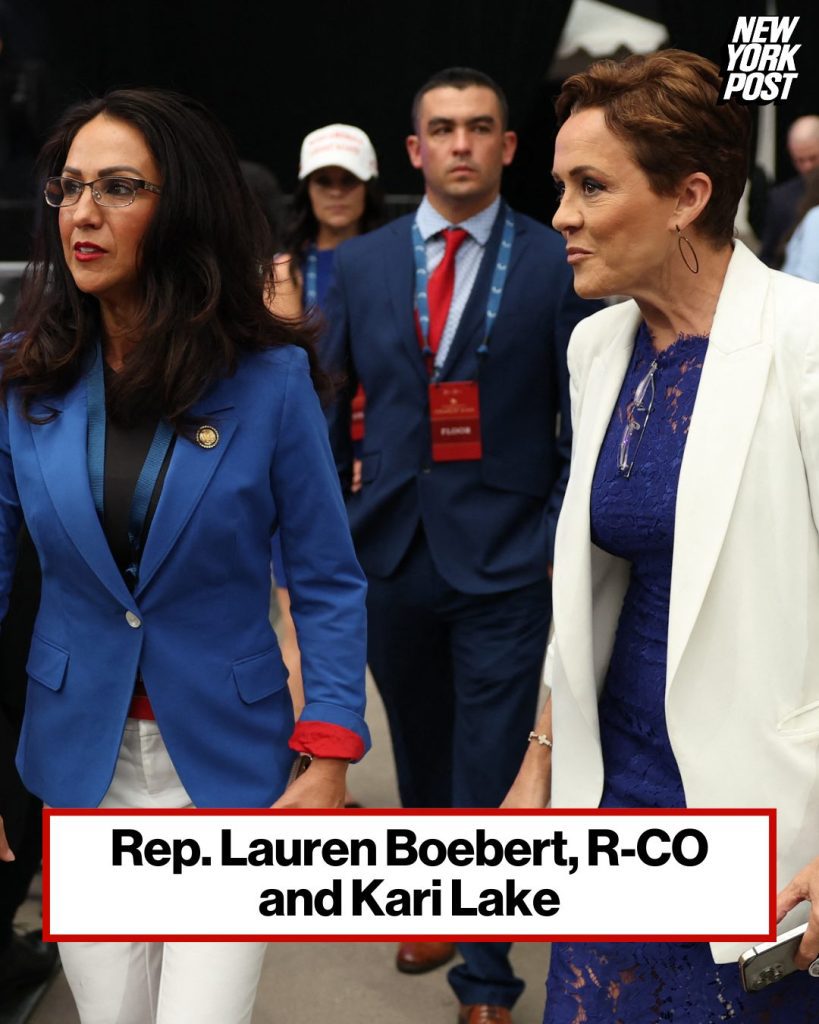
Inside the stadium, the massive video board displayed Kirk’s image with the words “Remembering Charlie Kirk, 1993–2025.” Beneath the American flag hanging high above, thousands sat in silence as the ceremony began. The emotional weight was magnified by the presence of high-profile political and cultural figures. Elon Musk was spotted in the crowd, and lawmakers like Lauren Boebert and media figures such as Tucker Carlson joined in mourning. Their attendance underscored just how deeply Kirk’s death rippled beyond politics and into the broader cultural landscape.
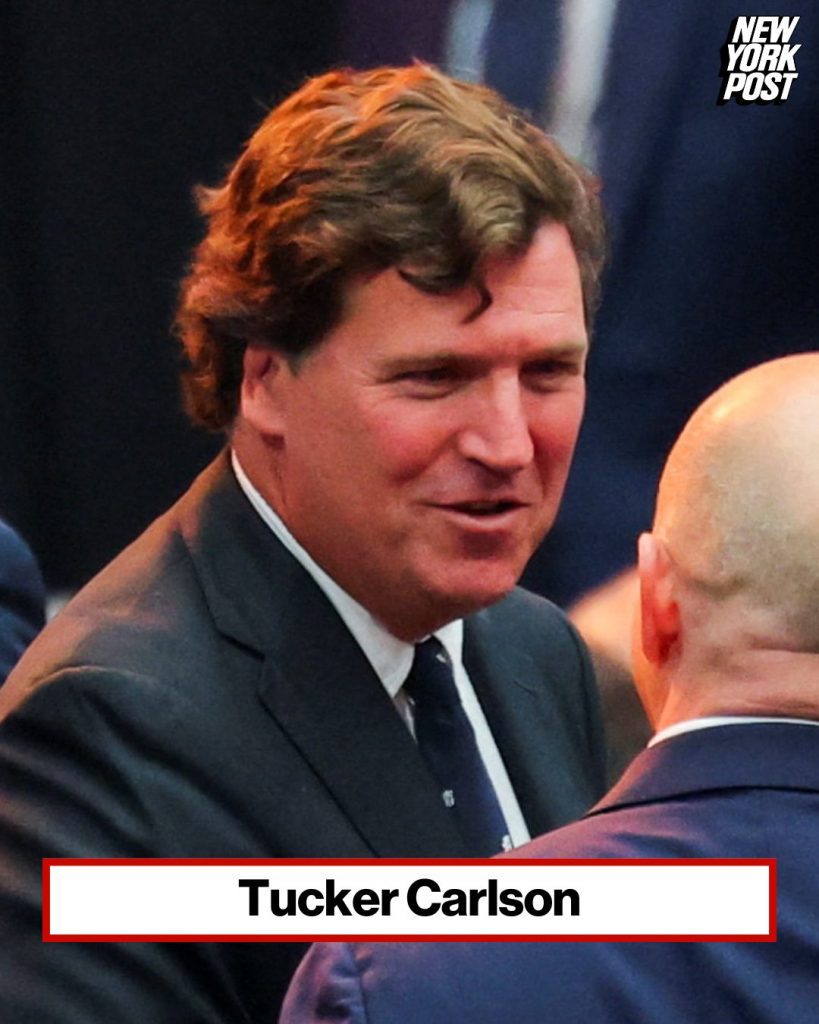
The speaker lineup reflected the gravity of the moment. President Donald Trump was scheduled to address the crowd, with many speculating he would frame Kirk’s death as part of a larger battle over free speech and political violence. Vice President JD Vance, who has often praised Kirk’s work with Turning Point USA, was also expected to speak, along with Secretary of State Marco Rubio and White House Chief of Staff Susie Wiles. The presence of such high-ranking figures turned the service into something more than a funeral—it felt like a national political event wrapped in grief.
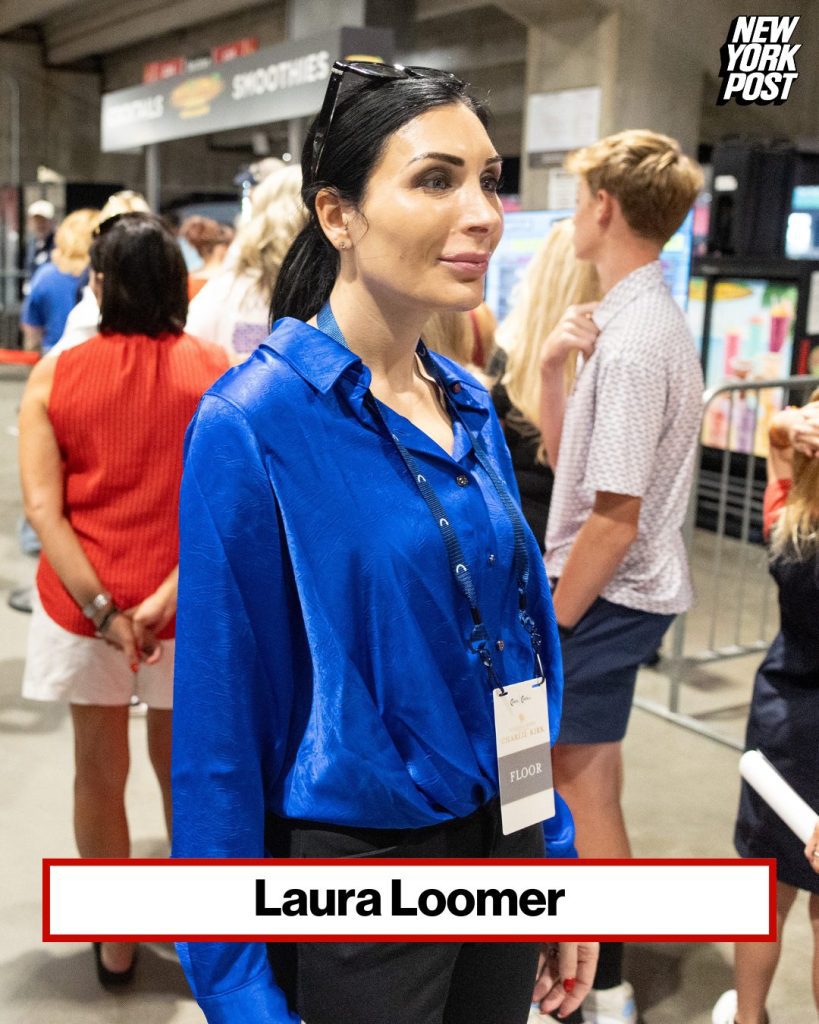
Yet despite the grand scale and the political undertones, the heart of the service came from Erika Kirk, Charlie’s widow. Dressed in black and visibly emotional, she was expected to deliver personal words about her husband, his faith, and his commitment to family. Friends close to the couple said Erika wanted people to remember Charlie not only as a public figure but as a husband and a man of strong Christian faith who cared deeply for those around him.
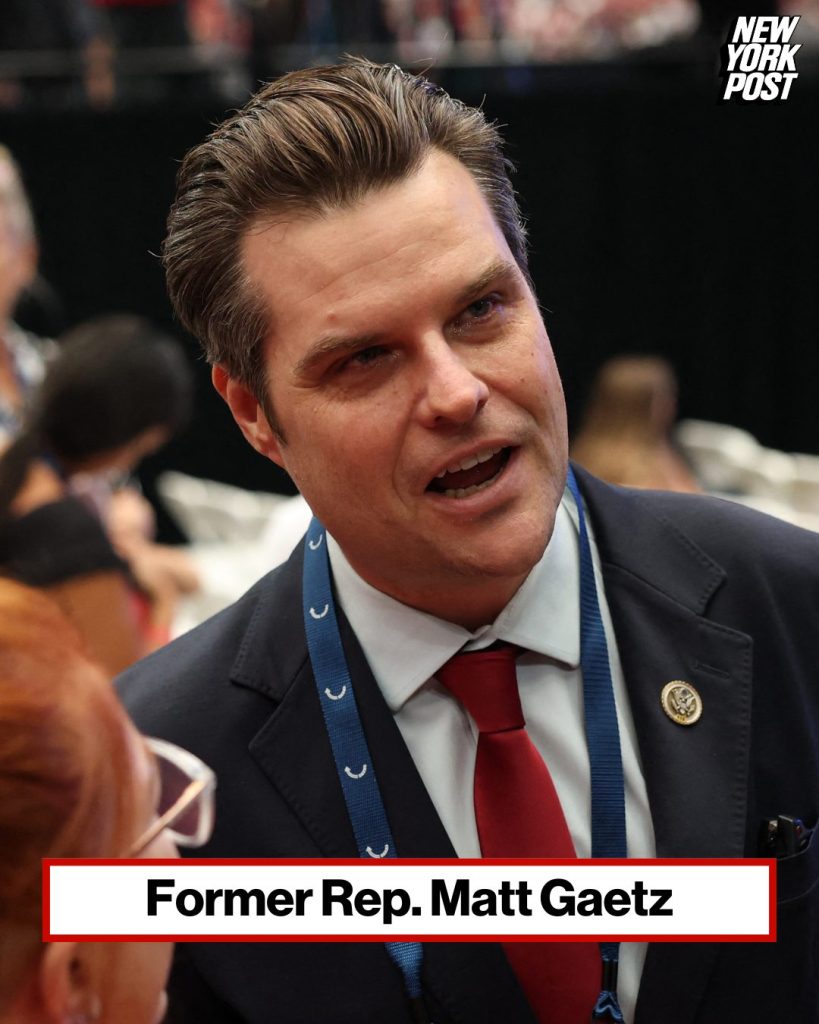
Throughout the day, there were moments that broke through the sorrow. Groups in the crowd sang hymns, some prayed in circles, and others shared stories of how Kirk’s speeches or Turning Point USA events had influenced their lives. While emotions ran high, there was also a sense of solidarity among those who came to honor him.
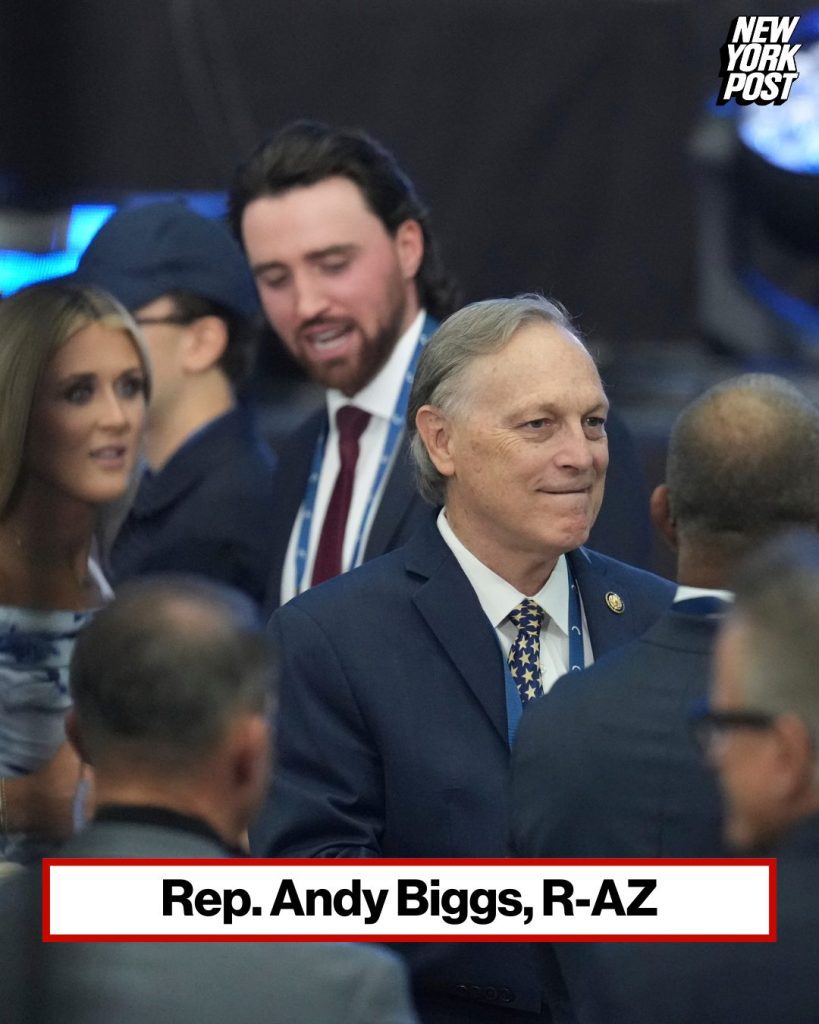
The assassination of Charlie Kirk had shaken the conservative movement, but the turnout at his funeral showed how firmly his supporters were determined to carry his message forward. State Farm Stadium, filled to capacity, became a symbol of both loss and resilience. The people who gathered there were not only saying goodbye to Charlie Kirk—they were also reminding the world that his ideas, his passion, and his voice had left an indelible mark.
